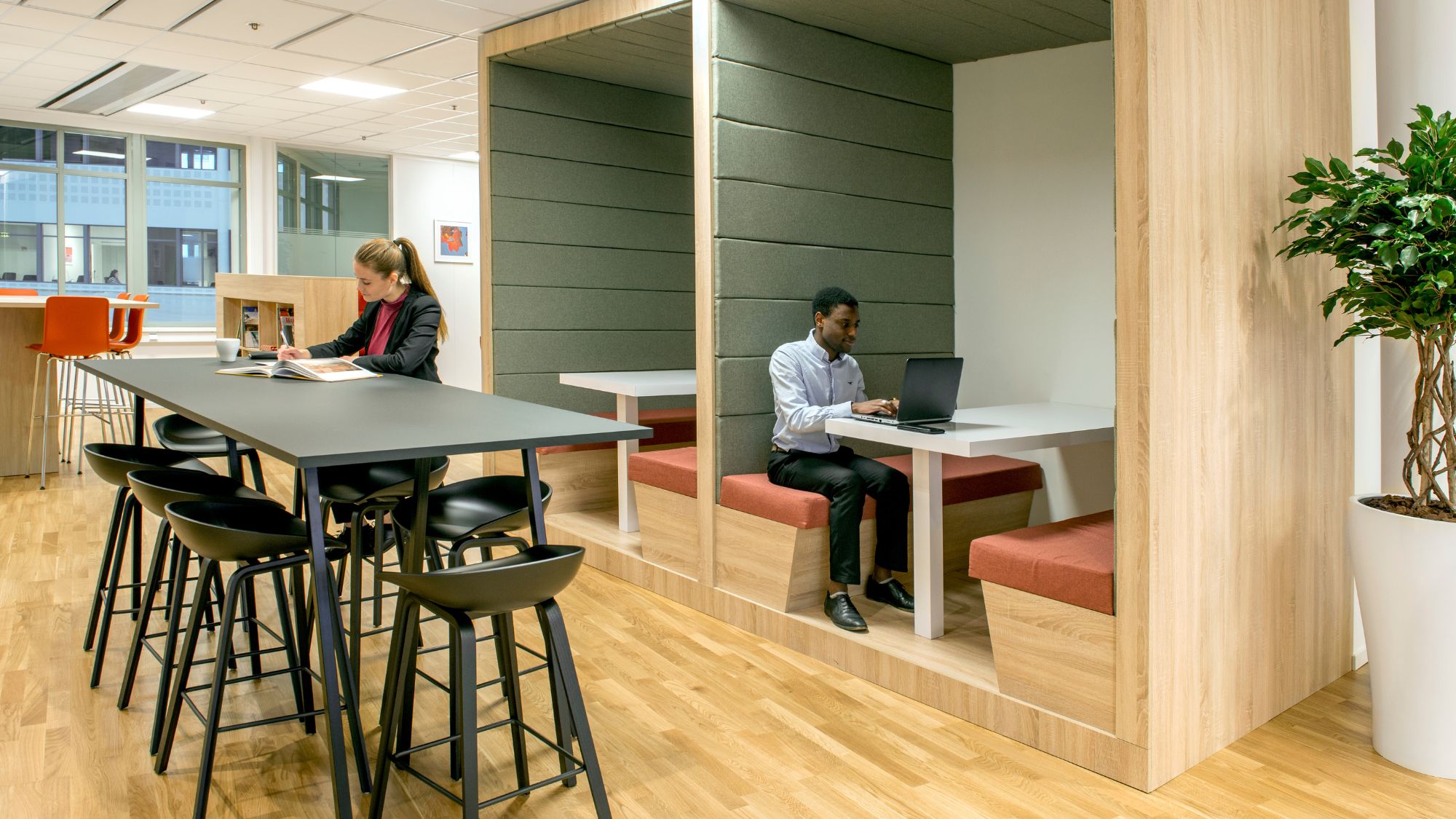Why Is Japan Co-Working Space Market Booming? An In-Depth Analysis

Strong 8k brings an ultra-HD IPTV experience to your living room and your pocket.
Introduction:
The Japan Co-Working Space Market is experiencing significant growth, driven by a confluence of factors that cater to evolving work preferences and economic dynamics. This article delves into the recent developments and underlying reasons behind this boom, providing a comprehensive understanding of the market's trajectory.
The Surge in Flexible Workspaces
The demand for flexible workspaces in Japan, particularly in Tokyo's Central Business District (CBD), has seen a remarkable increase. As of the first quarter of 2022, the total stock of flexible spaces in Tokyo's CBD reached approximately 417,490 square meters, marking more than a two-fold expansion since the onset of the pandemic. This growth is largely attributed to the widespread adoption of hybrid work models, especially among large corporations seeking agile workspace solutions.
Major Players Expanding Footprints
Several international co-working operators have recognized the potential of Japan's market and are actively expanding their presence:
JustCo: Within six months of its debut in Tokyo, Singapore-based JustCo established seven locations across the metropolis. Their first center, located in Shibuya Hikarie, achieved an 80% occupancy rate shortly after opening, attracting clients like Zoom and Pinterest. This rapid expansion underscores the untapped demand for co-working spaces in Japan.
WeWork: WeWork opened a new location in Shinagawa, adding to its extensive network of over 30 locations in Japan. This expansion reflects the growing need for flexible workspaces as companies adapt to hybrid work arrangements.
Government Initiatives and Economic Policies
The Japanese government has been proactive in fostering a conducive environment for startups and flexible work arrangements:
• Startup Support: Initiatives like the "Beyond Limits. Unlock Our Potential" strategy and the "Startup City Project Japan" have been launched across cities such as Tokyo and Osaka. These programs offer comprehensive support for ecosystem building, aiming to position Japan as a competitive player globally.
• Tax Incentives: To encourage startup activity, the government has introduced tax breaks and support initiatives, signaling a commitment to nurturing innovation and entrepreneurial endeavors.
• Corporate Shift Towards Flexibility
Large corporations in Japan are increasingly adopting flexible workspace solutions:
• Hybrid Work Models: The pandemic has accelerated the shift towards hybrid work, leading companies to seek flexible office solutions that accommodate both in-office and remote work arrangements. Co-working spaces offer the adaptability required in this evolving work landscape.
• Cost Efficiency: Flexible workspaces provide cost-effective alternatives to traditional long-term leases, allowing companies to scale operations based on demand without significant financial commitments.
Regional Expansion Beyond Major Cities
While Tokyo remains a focal point, there's a notable expansion of co-working spaces in second-tier cities:
Government Policies: Local creation policies have injected new vitality into cities like Fukuoka and Sapporo, attracting entrepreneurs and remote workers seeking a balance between quality of life and professional opportunities
Corporate Decentralization: To reduce operating costs, some large enterprises are relocating certain functions to second-tier cities, further driving the demand for co-working spaces in these regions.
Challenges and Considerations
Despite the positive trends, the co-working space market in Japan faces certain challenges:
• Member Acquisition: Attracting and retaining members remains a primary concern for operators, necessitating continuous innovation and value-added services.
• Staffing: Finding qualified staff to manage and operate co-working spaces is a prevalent issue, highlighting the need for specialized training and development programs.
• Market Saturation in Major Cities: High rents and spatial saturation in core areas like Tokyo present challenges, prompting operators to explore opportunities in emerging markets within Japan.
Conclusion
The co-working space market in Japan is undergoing a dynamic transformation, propelled by factors such as the rise of hybrid work models, government support for startups, corporate shifts towards flexibility, and regional expansions. While challenges persist, the overall outlook remains positive, with both domestic and international operators poised to capitalize on the burgeoning demand for flexible workspaces.
As Japan continues to adapt to new work paradigms, the co-working industry is set to play a pivotal role in shaping the future of work in the country.
Note: IndiBlogHub features both user-submitted and editorial content. We do not verify third-party contributions. Read our Disclaimer and Privacy Policyfor details.




